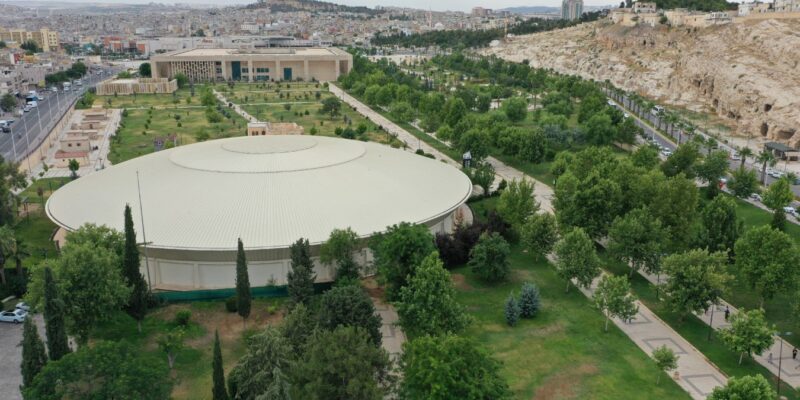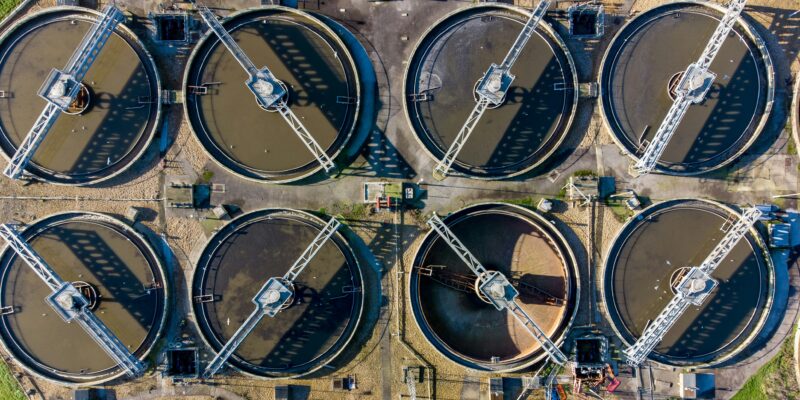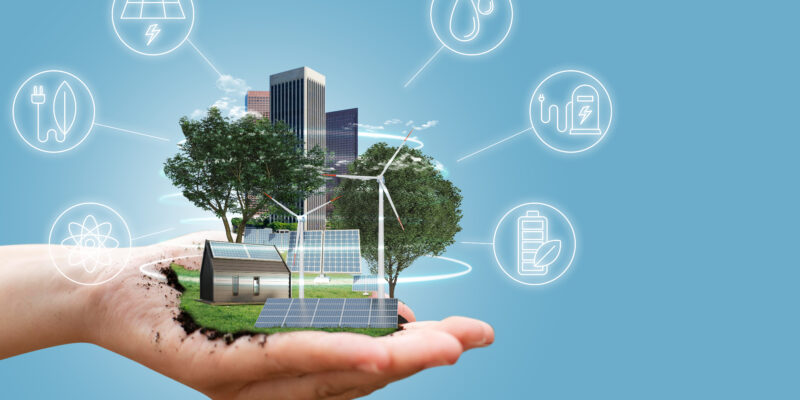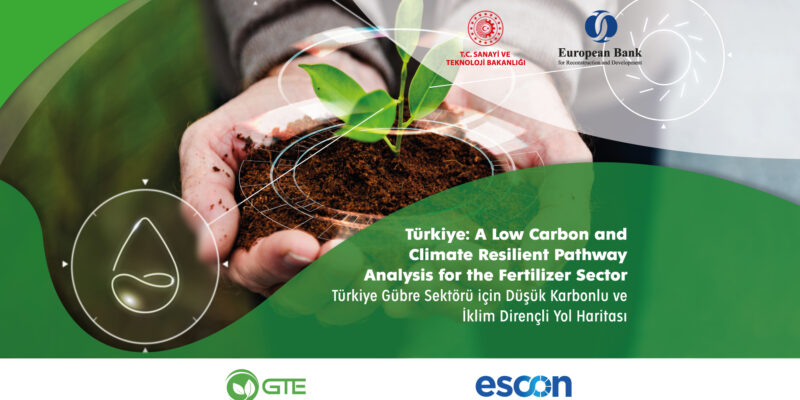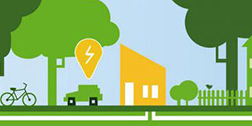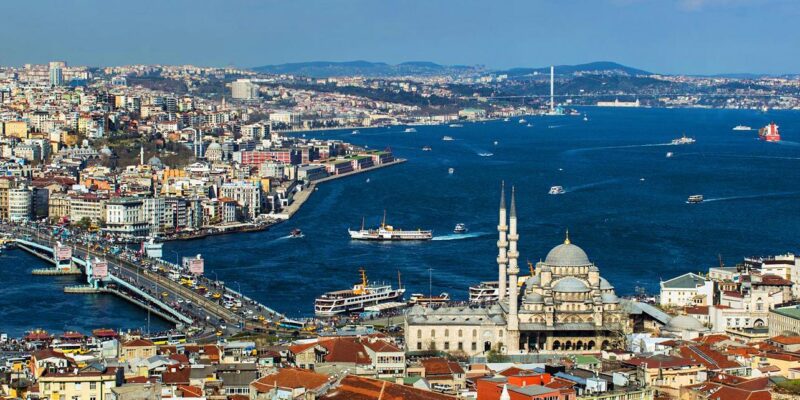The “Wastewater Recovery Efficiency Project,” led by GTE with the support of the Karacadag Development Agency and under the advisory of Prof. Dr. Erkan Sahinkaya from Istanbul Medeniyet University, is being implemented in alignment with the priorities of the World Bank-Financed Turkey Organized Industrial Zones Project financial support program.
The project, in collaboration with Sanliurfa Organized Industrial Zone, aims to ensure the effective and efficient management of water resources and serves as a model for the green transformation of industry in Turkey. Existing technologies for wastewater recovery in SUOIZ have been evaluated, preliminary designs have been developed, and feasibility studies have been conducted to assess the project’s economic, technical, and environmental aspects, including approximate investment and operating costs.
You can access the full feasibility report below.
Şanlıurfa OIZ Wastewater Recovery Efficieny Project Technical Feasibility Report
